Malaysian Public Policy Competition (MPPC) 2017I was invited by the International Council of Malaysian Scholars and Associates (ICMS) to moderate a panel of esteemed speakers on the topic of global inequality. The panel was held in tandem with their annual Malaysian Public Policy Competition (MPPC). It was held on 20th August 2017 at Sunway University. Speakers
Topic: 'Tackling Inequality on a Global Level' We had a vibrant and insightful session. Some of the points were... What’s going on?
What can we do? The United Nations has announced the Sustainable Development Goals (SDGs) in 2015. SDG 10 is specifically on reducing inequality within and among countries. Their goal is by 2030, progressively achieve and sustain income growth of the bottom 40 per cent of the population at a rate higher than the national average. Dr Chandra raised a few key points on addressing global inequality:
Dr Kenneth Simler of the World Bank touched on a few key points, drawing references from WB's Poverty and Shared Prosperity 2016 report:
I pointed out a worth case study in Brazil:
Photos will be out soon.
0 Comments
Leave a Reply. |
Categories
All
Archives
May 2024
|
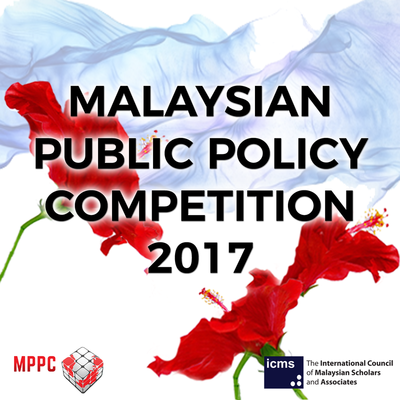
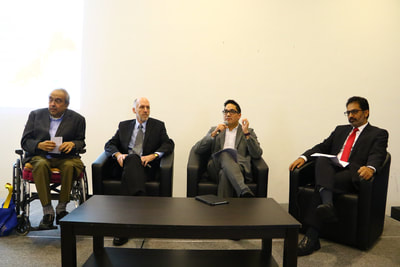
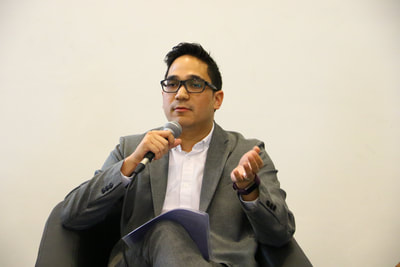
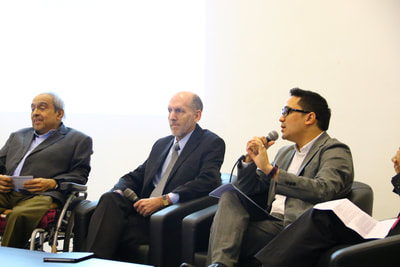
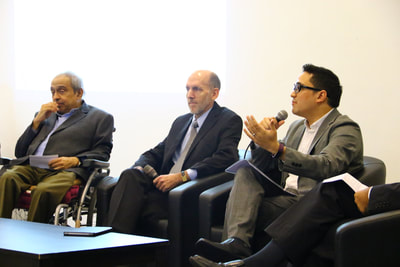
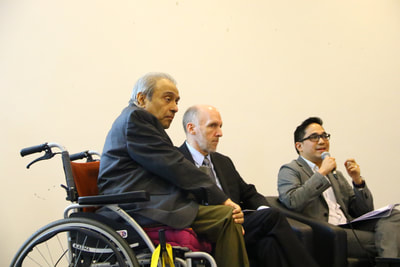
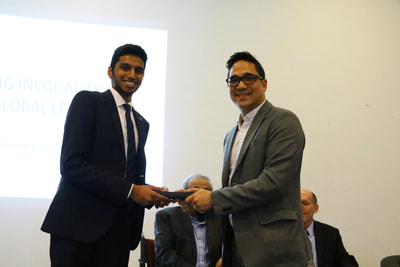
 RSS Feed
RSS Feed
